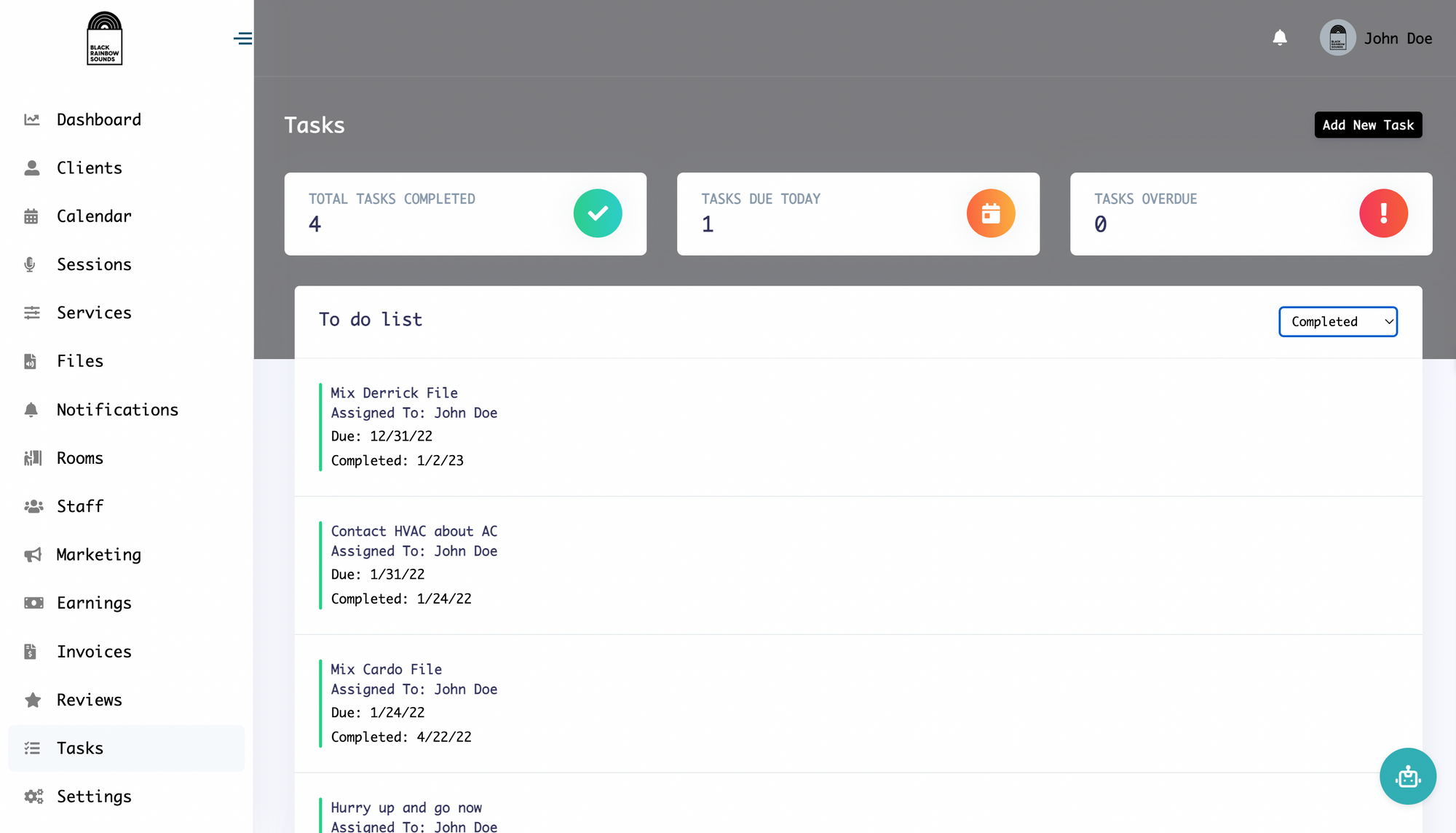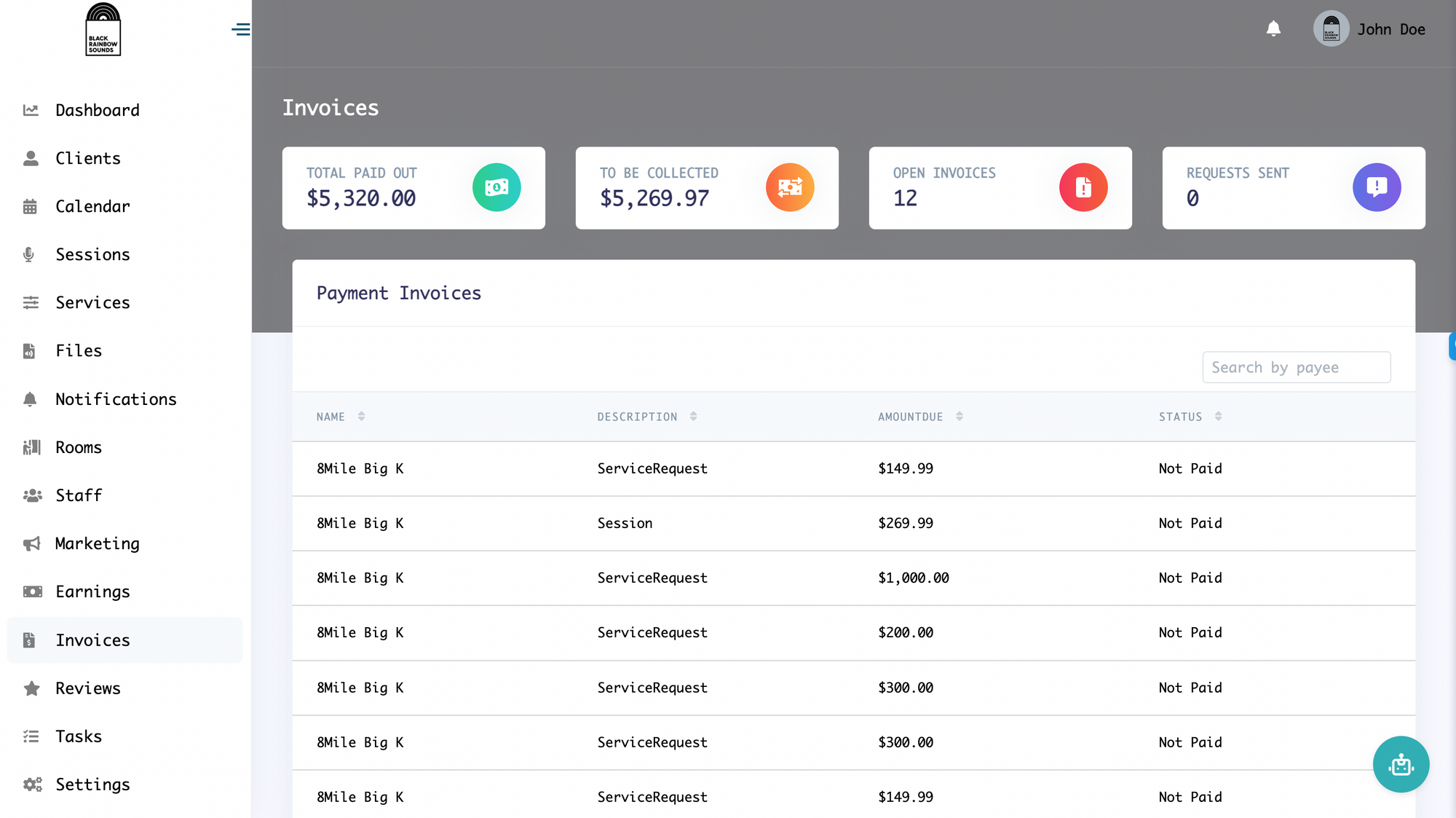Navigating Compliance Requirements in the Music Studio: A Comprehensive Guide

Are you looking to open a music studio, but are stuck trying to navigate the complex web of compliance requirements? You’re not alone - many aspiring music studio owners find the process of understanding and meeting regulations daunting. With this guide, you can ensure that your music studio is meeting all the necessary requirements and providing a safe environment for clients and employees alike.
Understanding Local and Federal Regulations
The first step in setting up your music studio is understanding the local and federal regulations that you must adhere to. Depending on where you are located, there may be additional requirements for setting up a business of this kind.
For example, if you are in a municipality that requires business licenses, you will need to obtain one before you can open your studio. Additionally, you will need to understand the requirements for tax filing and payment, as well as any relevant labor and employment laws.
Before you begin to set up your studio, make sure to consult with a qualified professional who can guide you through the process. They will be able to help you understand the regulations that you must follow and can help you stay on the right side of the law. Additionally, they can provide you with invaluable advice on how to best set up your business for success.
Health and Safety Guidelines for Music Studios
When it comes to running a music studio, the health and safety of your clients and employees must be your top priority. This means that you must ensure that the studio is up to code with the local and federal health and safety regulations. This includes things like fire safety, as well as electrical and sound safety. You will also need to ensure that all equipment is properly maintained, and that there is a way to evacuate the premises in case of an emergency.
Additionally, you will need to establish and enforce relevant health and safety protocols to protect your clients and employees. This includes things like requiring staff and clients to wear masks, maintaining a clean and sanitized environment, and regularly checking in on the state of the studio and its equipment. Taking the time to properly establish and adhere to these protocols will ensure that your studio is a safe and welcoming space for everyone.
Licensing and Insurance Requirements
Another important step when setting up a music studio is obtaining the necessary licensing and insurance. Depending on where you are located, you may need to obtain a business license or permit before you can open your studio. Additionally, you will need to obtain liability insurance to protect your business from any potential lawsuits or claims.
When it comes to licensing and insurance, it is always best to consult with a qualified professional who can guide you through the process. They will be able to advise you on the best types of coverage for your business and can help you select the right insurance provider. Additionally, they can help you understand any other relevant laws and regulations that you may need to abide by in order to operate your studio legally.
Ensuring Proper Training for Employees
When it comes to running a successful music studio, having a well-trained and knowledgeable staff is essential. All employees should be properly trained in the relevant safety protocols and procedures, as well as in the use of the studio’s equipment. Additionally, they should be familiar with the policies and procedures that the studio has in place.
It is important to provide your staff with the necessary training and resources to ensure that they are able to do their job safely and effectively. This can be done through online tutorials, in-person training sessions, or even through a combination of both.
Additionally, you should establish a system for providing ongoing training and education to ensure that your staff is kept up to date with the latest regulations and safety protocols.

Understanding Employee Payroll and Benefits
In addition to providing proper training for your employees, you will also need to understand employee payroll and benefits. This includes understanding the relevant labor laws, as well as any additional benefits that you may need to provide for your staff.
To ensure that your business is in compliance with all applicable laws, you should consult with a qualified professional who can help you understand the relevant regulations and provide you with the necessary advice and resources.
Additionally, they can help you set up a system for tracking employee hours and collecting payroll taxes, as well as provide you with any other resources or advice you may need.
Working with the Right Vendors
When it comes to running a successful music studio, it is important to work with the right vendors and suppliers. This includes finding vendors who provide quality products and services at reasonable prices.
Before you commit to working with any vendors, it is important to do your due diligence and thoroughly research their credentials. You should also make sure to read any contracts or agreements carefully to ensure that you are getting the best deal possible.
Additionally, you should establish a system for regularly monitoring the performance of your vendors to ensure that they are meeting your expectations.
Keeping Track of Record-keeping Requirements
In addition to working with the right vendors, it is also important to keep track of all of the necessary record-keeping requirements. This includes things like keeping accurate records of your finances, as well as any relevant contracts or agreements. Additionally, you should regularly review any relevant laws and regulations to ensure that you are in compliance.
To make sure that you are properly keeping track of all of your record-keeping requirements, it is important to establish a system for tracking and organizing all of your documents.
You should also make sure to regularly review and update your records to ensure that they are accurate and up to date. Additionally, you should consult with a qualified professional who can provide you with any additional resources or advice that you may need.

Tips for Risk Management
When it comes to running a music studio, it is important to have a risk management plan in place. This includes things like understanding and managing any potential risks that may arise, as well as having a plan for responding to potential crises.
When it comes to managing risk, it is important to establish protocols for identifying and assessing potential risks.
Additionally, you should make sure to have an emergency plan in place that outlines how you will respond to any potential crises. You should also make sure to regularly review your risk management plan and update it as needed.
Conclusion
Navigating the complex web of compliance requirements associated with running a music studio can be daunting. However, with the right guidance and resources, you can easily learn how to stay compliant while running a successful studio. Use a software system like AudioDope Studio Manager to keep you organized in the studio!


